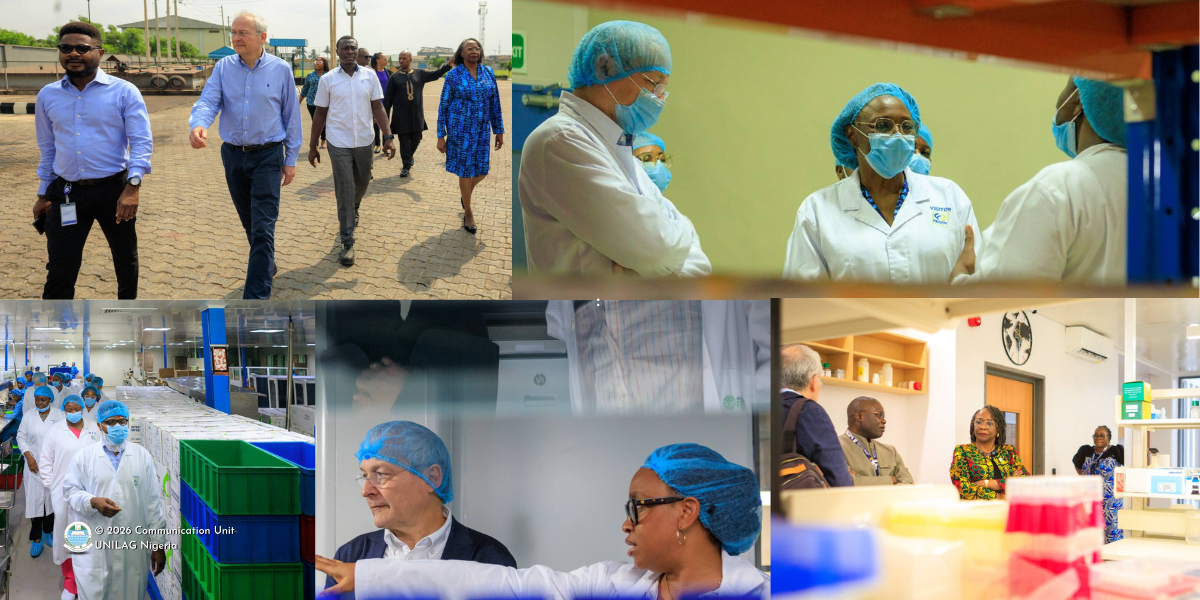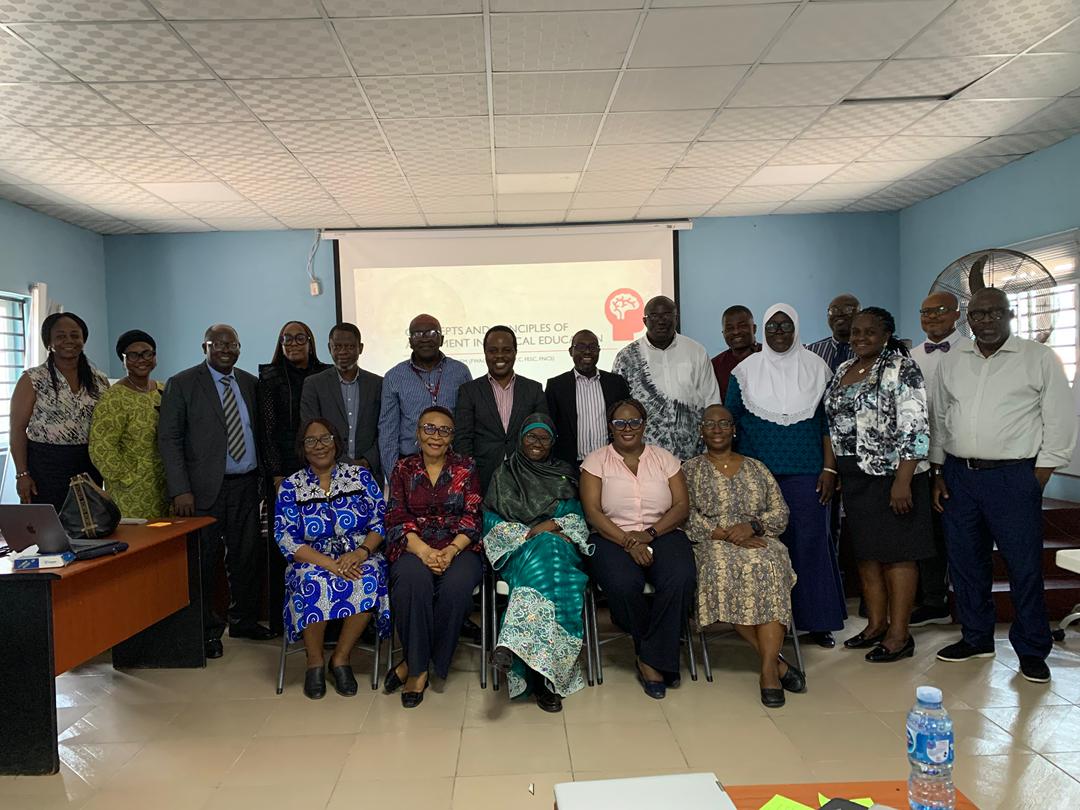Industry giants gathered at the J. F. Ade. Ajayi Auditorium, University of Lagos on Thursday, May 18, 2023 to discuss ways private and public sectors can synchronize efforts towards tackling some of challenges bedevilling the African continent. The event was “The Colloquium 2023”, an annual conference organised by the Investment Society, University of Lagos.


The conference, which was the fourth edition had the theme, “Empowering Africa’s Future: A Nexus of Private Capital, Macroeconomic Policy, and Talent Development”. It featured three panel sessions, and a keynote speech by the CEO, Kuramo Capital, Mr. Wale Adeosun, CFA, and a speech from EU-Youth Ambassador, Enioluwa Adeoluwa.
Mr. Wale Adeosun charged participants to identify their passions, be ready to network, as well as be prepared to make use of the diverse opportunities around them, while Enioluwa Adeoluwa, among other things, stressed the importance of having a circle that inspires.

Mr. Wale Adeosun, accompanied by some executives of the Society and their Staff Adviser, Dr. Peter Amah, had earlier paid a courtesy visit to the Vice-Chancellor, Prof. Folasade Ogunsola, FAS. After the visit, the entourage was escorted back to the auditorium by the Deputy Vice-Chancellor, Management Services, Prof. Lucian Chukwu and Registrar, Oladejo Azeez, Esq. Thereafter, Mr. Wale Adeosun was presented a beautiful picture by one of UNILAG’s Creative Arts students and promised that two (2) internship opportunities at Kuramo Capital would be available to students of the Investment Society.
The first panel session on “Private Capital Deployment as a Catalyst for Entrepreneurial Development in Africa”, had the following discussants: Head, West Africa Investment Banking, Renaissance Capital, Seun, Onayiga; Damilola Olokesusi, CEO, Shuttlers; Jude Dike, CEO, GetEquity; Tosin Ojo, Principal, Sahel Capital and CFA, MD/CIO Zrosk Investment Management, Samson Esemuede. The session sought to address the impact of private capital deployment on Africa’s rapidly expanding tech-enabled entrepreneurial landscape; what the continent can do to remain competitive in luring foreign private capital; the role of government in providing a favourable environment and the role of new investment and start-up companies in the ecosystem.



The second panel session on “Contemporary Macroeconomic Issues: The Roles and Options of/for Africa’s Monetary and Fiscal Authorities”, had the following panellists: Chief Economist, Development Bank of Nigeria, Prof. Joseph Nnanna; Head of Research, Chapel Hill Denham, Tajudeen Ibrahim; Partner & West Africa Tax Leader, Deloitte, Yomi Olugbenro; MD, Optimus by Afrinvest, Ayodeji Ebo and Professor of Economics, University of Lagos, Prof. Risikat Dauda. This session addressed the potential solutions to macroeconomic problems such as inflation, currency volatility, slow economic development and rising government debt level, as well as what Africa can do to avoid becoming entangled in the web of slow growth.

“The Exodus of African Talents: What Can Africa Do to curb its Brain Drain and What is the Fate of its Future Workforce” formed the crux of the discussion at the third panel session. The panellists which included the Chief Talent Officer, YF Talent Partners, Yemi Faseun; Ex-Head, HR, CowryWise, Emmanuel Faith; Lead Consultant, HR, Madam Consultancy, Funmi Buknor; and Erioluwa Adeyinka, addressed issues such as what the African continent must do to preserve its human capital and what young talents can do to maintain their global competence.

The Colloquium 2023 also included an essay competition on the topic “How Can the Youth of Africa Contribute to Empowering the Future of the Continent?”. The essay competition was geared towards actively engaging youths across Africa. Dorcas Oke, a 600-level student of Medicine and Surgery, University of Ibadan won the competition; followed by Emmanuel Iwebema a 200-level student of the Department of Finance and Opeyemi Kareem, a 300-level student of Mass Communication, both of the University of Lagos, as the 1st and 2nd runners-up respectively.
This year’s conference had 2500+ registrations from over 40 universities across Africa, with more than 1500 physical attendees from 10 Nigerian universities. The Colloquium is an annual undergraduate-focused economic and finance conference which provides a platform for the smooth exchange of ideas between students and industry experts.






















